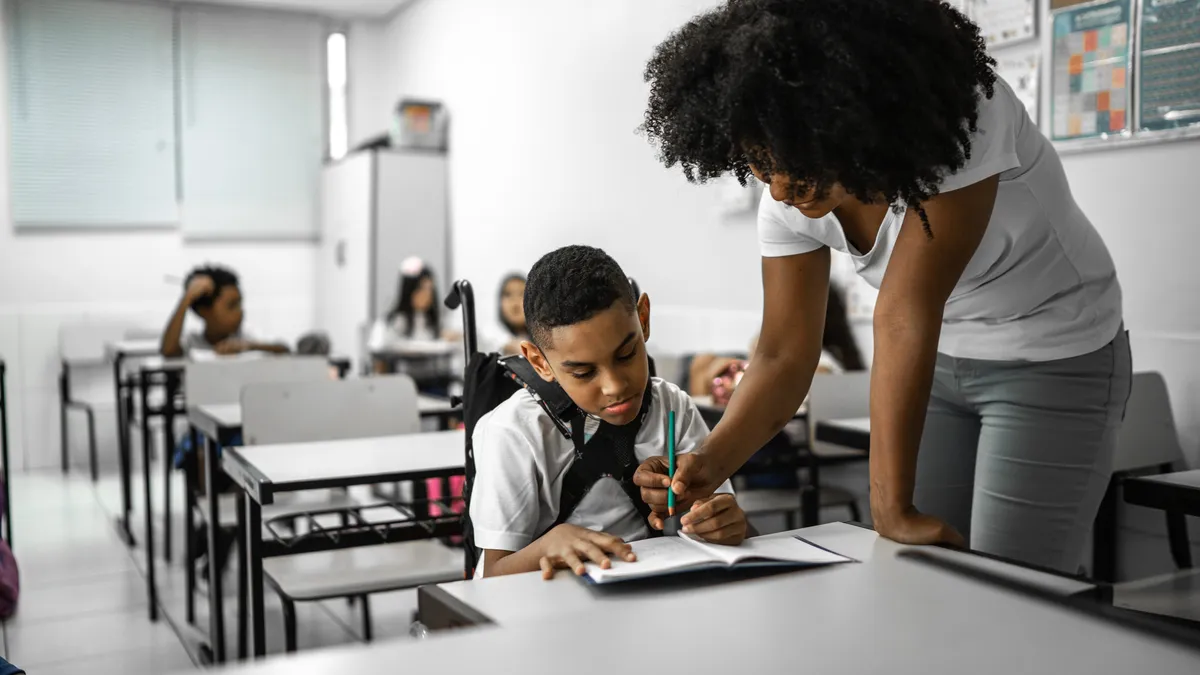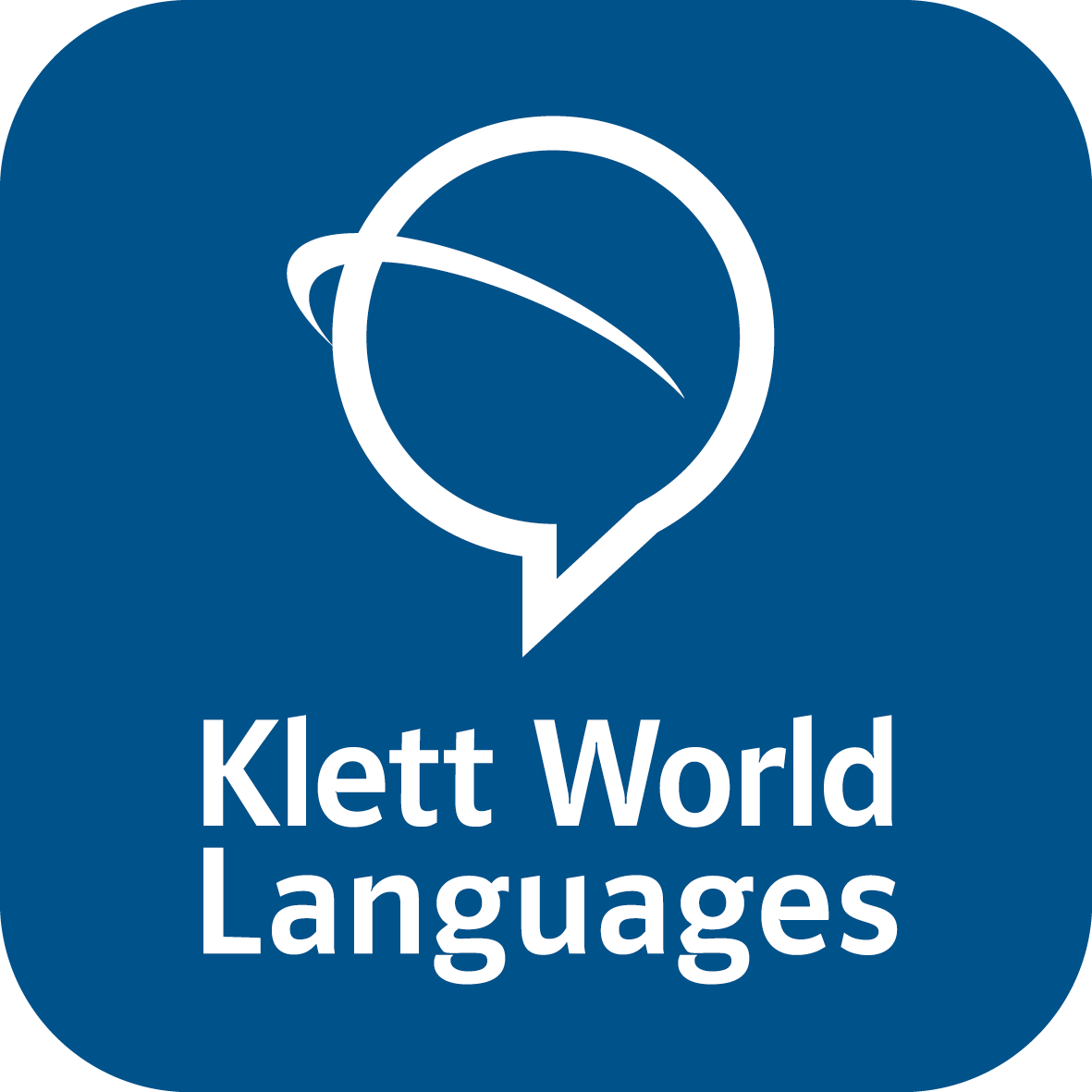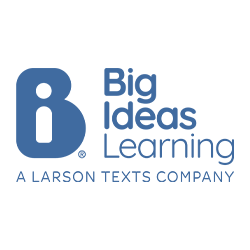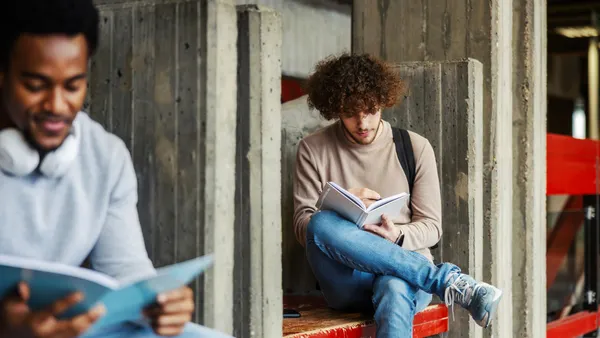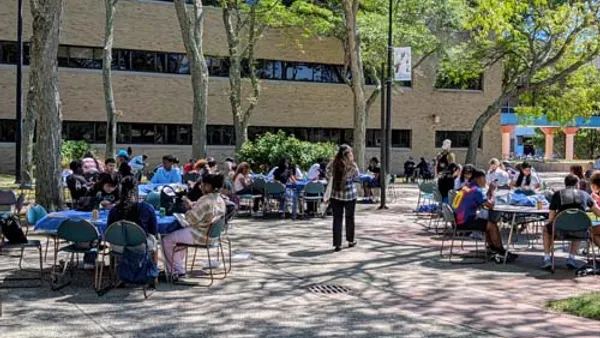Dive Brief:
- At Greenup County High School in eastern Kentucky, social studies teacher Jill Armstrong connects her students directly with Syrian refugee Ghenwah Kharbeet through weekly video chats projected on a SMART Board in the classroom, EdSurge reports.
- Armstrong connected with Kharbeet through a program called NaTakallam, started in 2015 and designed to help students and teachers bring Arabic- and Spanish-speaking displaced people specifically into classrooms through online tools including Skype and Zoom. Educators pay a fee for the conversations, a portion of which goes to the speakers, including 28-year-old Kharbeet, who is now living in Turkey.
- A goal of the program is to help students learn firsthand from people who are refugees and better understand their lives, which are likely very different than the students who speak with them online.
Dive Insight:
Weaving global lessons into curriculum is crucial for students today. There’s a difference between learning something from a book and having a direct experience first hand. Giving students a chance to travel, and to meet people from other cultures and other countries, isn't likely in the budget for most districts, however. A field trip to a local museum? Yes. A field trip to Shanghai? Unlikely.
With video conferencing and tools like Skype, however, educators can now connect students with people on the other side of the world, helping pupils learn about other cultures while developing connections to and empathy for others — an important social-emotional learning (SEL) skill.
Skype field trips are often a great way to start, as there are sites that link educators to guest visitors, and many of the options are free. These experiences can be used beyond social studies, in practically any course where an expert can help with a lesson at hand. In English language arts, for example, students could speak with an author on a specific work or on the process of writing in general. In social studies, as EdSurge wrote, NaTakallam remains an option, connecting speakers with students at a cost beginning at $15 an hour, though there are grants available to offset that fee.
Expanding what students see and the people they can speak with ultimately helps them develop more social awareness of the world, and even within themselves. That’s why the Collaborative for Academic, Social and Emotional Learning (CASEL) considers exposure to other cultures crucial in helping students develop SEL skills in its 2018 paper, "Equity & Social and Emotional Learning." Doing so, the organization wrote, helps children “… take the perspective of those with the same and different backgrounds and cultures and to empathize and feel compassion. This would allow them to appropriately deploy interpersonal skills and abilities to advance collective well-being.”




